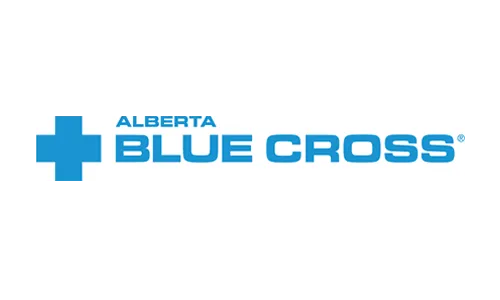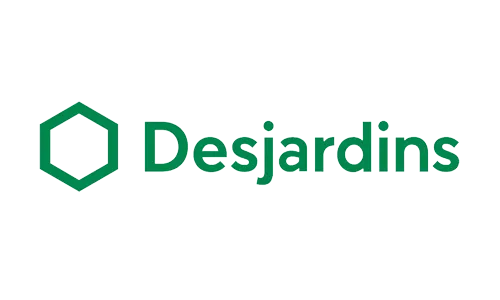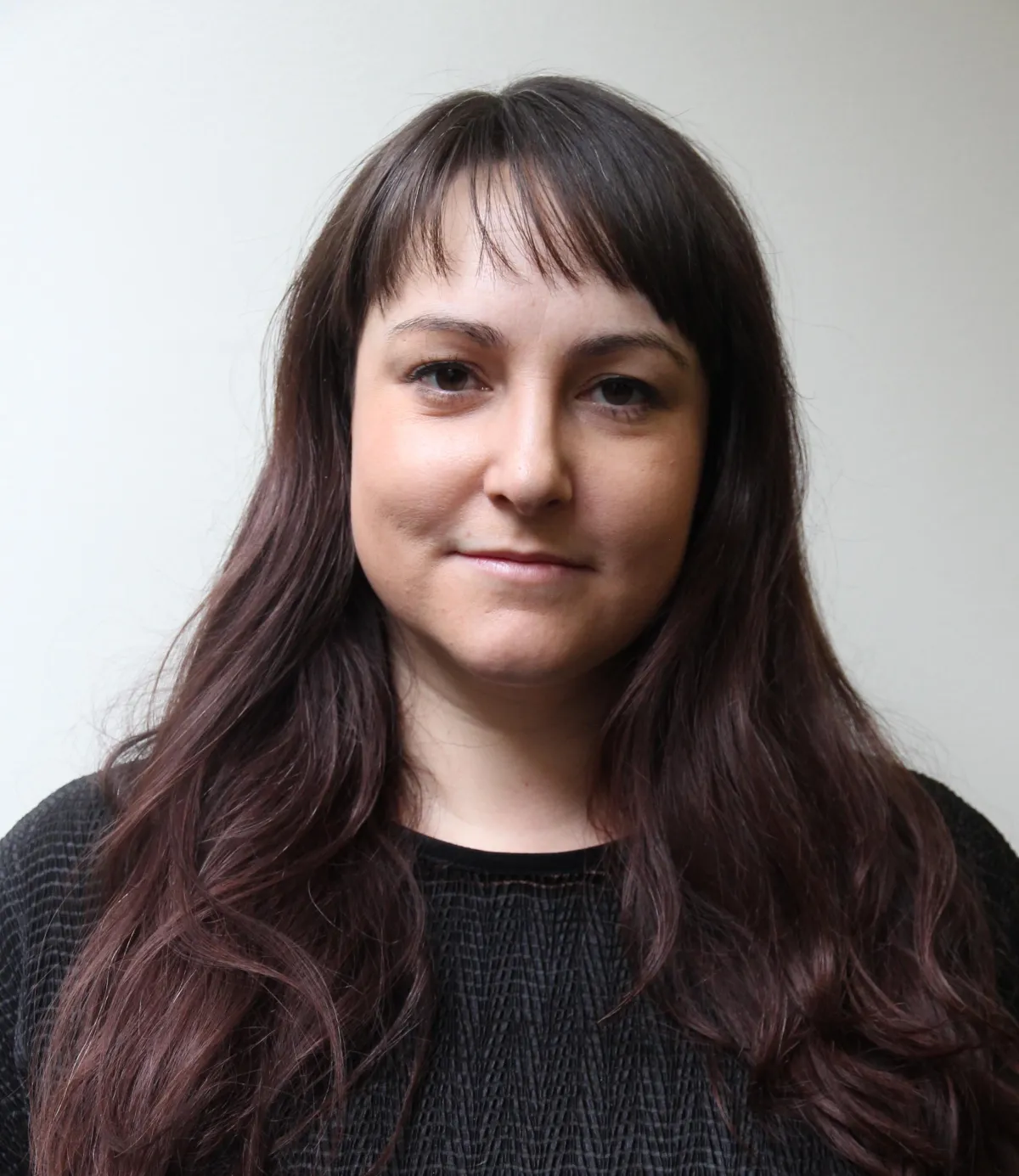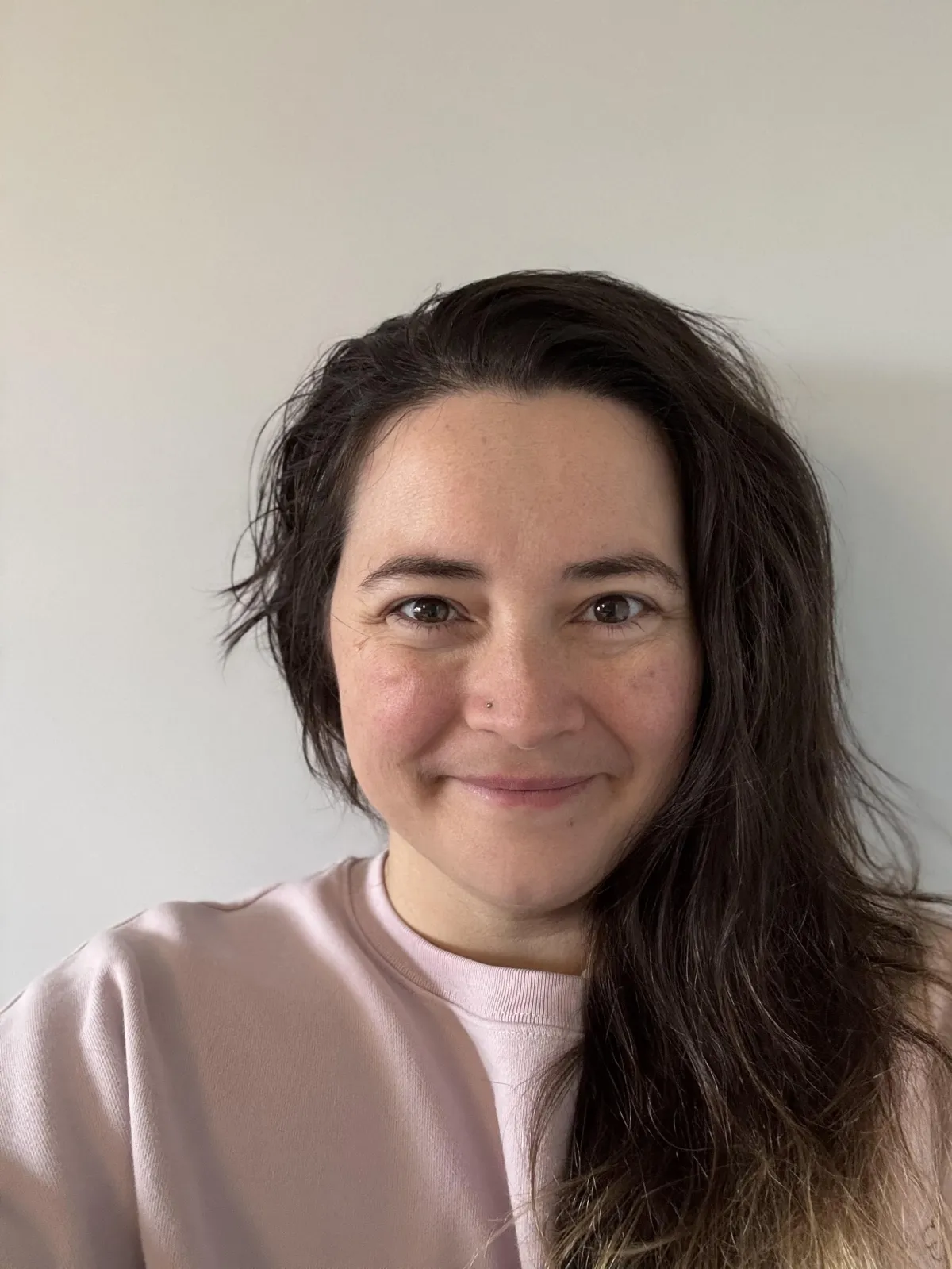Personalized, Natural Healthcare
Discover a team of Naturopathic Doctors, and manual therapists that work with you to get you in your best health.
In addition to naturopathic medicine we offer: osteopathic manual therapy, massage therapy, physiotherapy, including Postural Reconstruction® physiotherapy, craniosacral therapy and lymph drainage therapy.
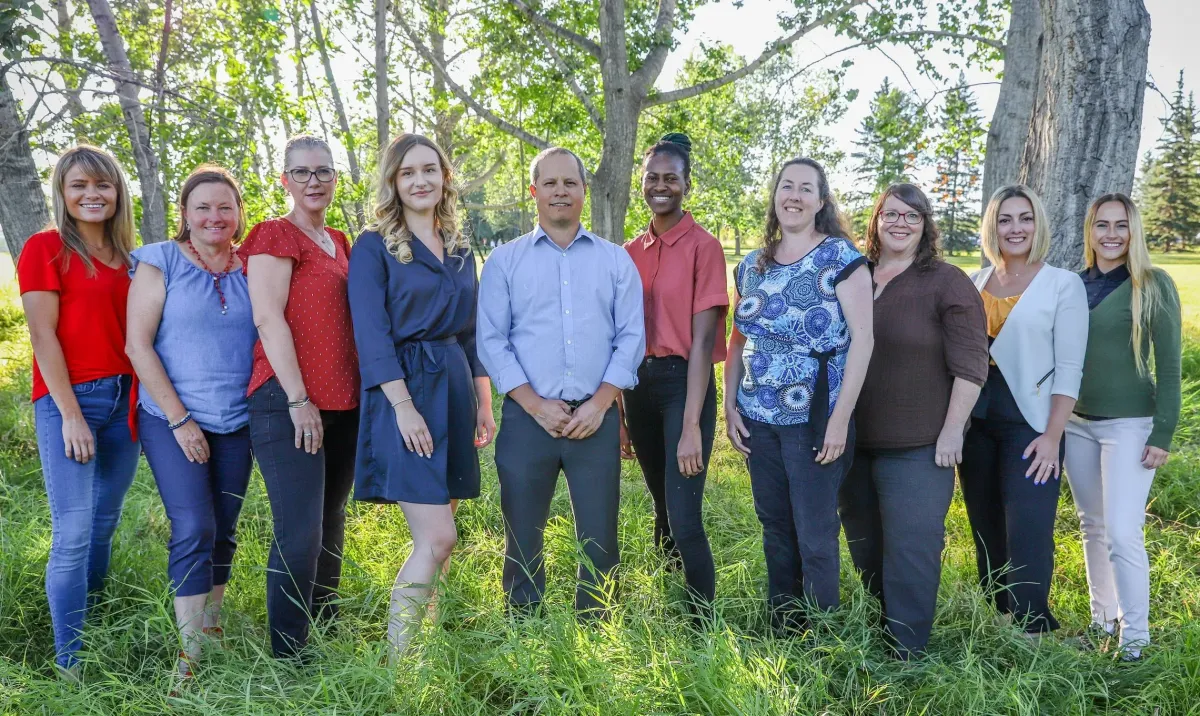
Our naturopathic doctors and therapists work with you to identify the underlying causes of disease, and promote optimal health using gentle, supportive and effective therapies. Our integrative approach combines the empirical wisdom of alternative therapies with evidence-based medicine to address your health concerns of all types.

Our Services
Naturopathic doctors use current, scientific, evidence-based science and practice medicine to get your body in its full healing potential.
We have two physiotherapists with a total of 66 years of combined experience in assessment and manual therapy. They have both taken a significant amount of post-grad continuing education in a variety of aspects of the body from various approaches.
Osteopathic Manual Therapy Combined with Proprioceptive-Deep Tendon Reflex (P-DTR) Neurological System
Massage therapy is a hands-on therapeutic approach that involves the manipulation of soft tissues, to alleviate pain, reduce tension, and enhance overall wellbeing.
What Our Clients Say About Us
Diane Patterson has helped me with shoulder, lower back, posture and neck problems when no one else could; she is fabulous. I have been seeing Diane when I need help for years and think she is the ‘top’ in the city. I suffered 3 years with a neck problem and Diane fixed it in 10 sessions! I was grateful and thrilled.
Gail M.
Dr. Derek Cook is, hands down, the best naturopath I have ever engaged in a therapeutic relationship with. His interest in working collaboratively with me on my level of health and wellness, combined with his ability to work in a number of modalities -- that is, his way of being -- has, in itself, helped me assume more inner authority in taking care of (and responsibility for) myself. I have been seeing Dr. Cook for about six months now, and continue to be impressed with the depth and breadth of his knowledge as well as his willingness to turn to references when he feels the need to. I feel well at ease, and in very good hands in Dr. Cook's care. I would recommend him to anyone looking for an engaged and engaging naturopath.
Nan N.
I went to visit Dr. Cook because I was having many health issues, he was recommended to me by my massage therapist. I had candida overgrowth which was causing a plethora of negative side effects. After a few visits, I was able to use the tools that Dr. Cook recommended, both diet and supplements and fully recover from all the symptoms caused by the yeast overgrowth. I have recommended Healthflow to my friends and will continue to. Thanks for all your great advice and helping me improve my heath!
Tammy B.
Get Started Towards Your Best Health Today
Discover a team of Naturopathic Doctors and manual therapists that work with you to get you in your best health.
Or call us at (587) 315-3950
Stay In Touch
Put your health first! Sign up for our monthly newsletter to receive our latest blog posts, clinic information, and promotions.




